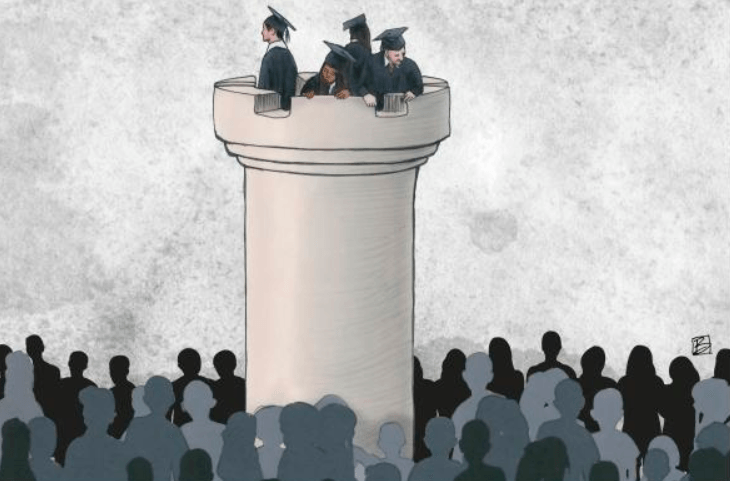ARE 401(k)s OK?
Some interesting things happened to workers’ 401(k) plans during the recent recession and beyond. Challenging financial times demand cost-cutting and revenue-enhancing actions. Many companies looked for opportunities to tighten their belts.
One of those opportunities for many companies involved their 401(k) plans. Some companies reduced, delayed, or completely dropped the company match. Other companies added fees. Some companies did both as recent indications show (Carol Hymowitz and Margaret Collins, with Judith Sjo-Gabor and Dave Merrill, “Your Wilting Retirement” Bloomberg Businessweek , 2/24/14–3/2/14, pp. 32–33):
“ Corporate tinkering with 401(k)s accelerated in the wake of the 2008 financial crisis. About 18 percent of 334 companies surveyed by consultant Towers Watson suspended or reduced contributions to conserve cash. Yet when the liquidity crisis subsequently eased, 23 percent of companies that reinstated matches offered less generous contributions than before the recession. ” (p. 32)
These are serious decisions. Given the decades-long shift from defined benefit plans to defined contribution plans, the responsibility for workers’ long-term financial security falls increasingly on the workers. I am not saying that is a bad thing. Nevertheless, this means workers must carefully evaluate their 401(k) plans. Workers must freshly assess their ongoing employment relationship or a potential employment relationship partially based on the nature and quality of the company’s 401(k) plan. Now it becomes a matter of talent attraction and retention.
The good news is most companies preserved their 401(k) plans throughout the financial crisis. Certainly they recognized that the 401(k) is one of the major components to a worker’s financial and career stability. Funny how those two go hand in hand.
It will be interesting to see how each of those companies performs going forward. On one side of the ledger, you have the essential need for corporate financial solvency. Tough decisions sometimes have to be made. On the other side of the ledger, you have the tangible and intangible value of the company’s talent. Although money is not everything, workers can interpret in subtle and not so subtle ways, their value to the organization based on how the organization treats the workers’ money. What is the long-term payback of that investment?
For most workers, the 401(k) plan will remain a key component to their long-term financial security. It will also remain a key component in talent attraction and retention. Therefore, smart companies will do everything possible to ensure the stability of their 401(k) plans.










